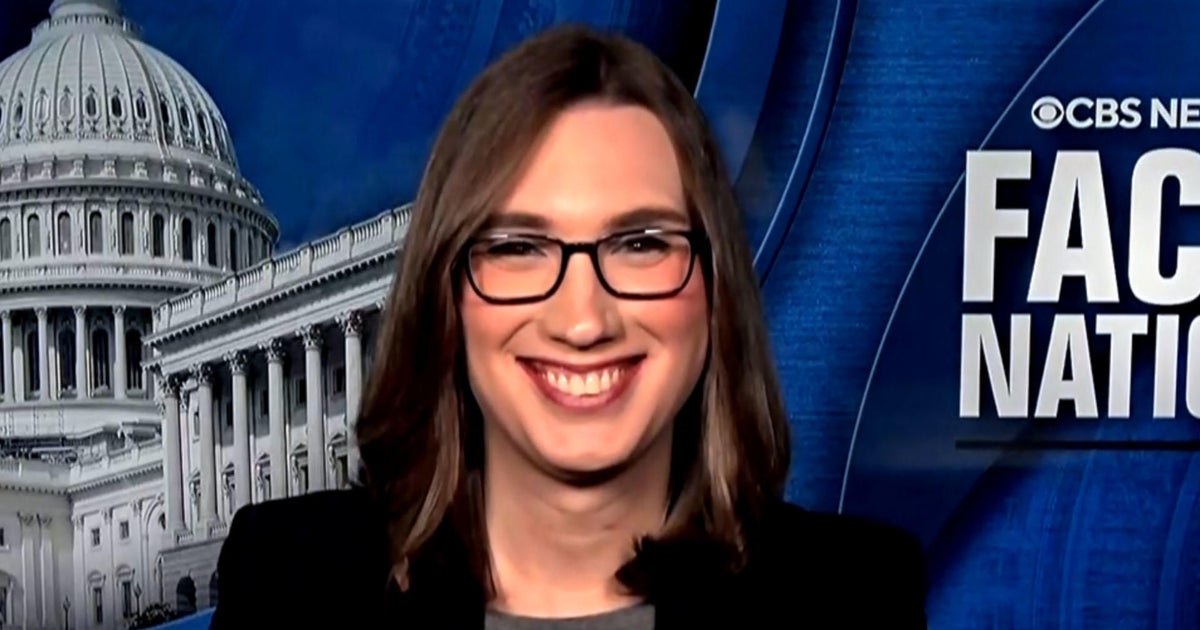CBS News
When should you sell your gold investment?

Getty Images/iStockphoto
Amidst a backdrop of high inflation and the subsequent high interest rates meant to temper it, many investors decided to buy gold. That uptick in demand for gold investment helped contribute to a run-up in the metal’s price, with gold reaching a record high of over $2,350 per ounce as of April 10.
With this recent high, many of those who decided to invest in gold and have experienced gains may now be wondering whether they should sell their gold investment or wait for a future event that could prompt them to sell. So what’s the right time to sell your gold investment? Here’s what you should know.
Find out what your top gold investing options are now.
When should you sell your gold investment?
While the answer to this question depends on your situation, such as your desire for portfolio diversification and your outlook on various asset classes, some scenarios where you might decide to sell your gold investment include:
When inflation cools
Gold is considered an inflation hedge, and if you think inflation has already tempered or will be soon, that might prompt you to sell your gold investment. This could be especially true if you increased your gold allocation relative to other assets due to recent conditions.
“Gold has been in demand as an investment in times of high inflation and political instability,” says David Kass, clinical professor of finance at the University of Maryland.
With gold hitting new price peaks and “with inflation being reduced close to target levels of about 2% in both the United States and abroad, it would appear that now would be a good time for investors to reduce their stakes in this precious metal and return to their normal asset allocation,” he adds.
Explore how gold could add value to your investment portfolio today.
When economic conditions are less uncertain
Related to inflation normalizing, you might decide to sell your gold investment if you think that economic conditions will be more stable or positive going forward.
“Any major reduction in latent uncertainty is likely to be followed by a decline in the demand for, and thus prices for, gold,” says Peter C. Earle, senior economist at the American Institute for Economic Research.
“If an emergency subsides, or if questionable prospects for economic growth suddenly resolve into positive circumstances — for example, if an uncertain inflationary picture of the future shifts to suggest stable prices in the near term — the price of gold may fall suddenly,” he adds.
When gold’s value is too far out of sync with other precious metals
While gold’s value doesn’t exactly track that of other precious metals, like silver, there’s often a correlation between them. And if things get too out of sync, that might prompt you to consider selling gold.
Currently, the gold/silver ratio, which is based on the price of gold divided by the price of silver, is around 88, “where historically it has averaged in the mid-to-high 60s, indicating a possible overvaluation of gold relative to silver,” explains Rohan Reddy, director of research at Global X ETFs.
However, it’s important to remember that a high ratio doesn’t automatically mean gold is or isn’t overvalued, as there can be other drivers. Yet low prices for other precious metals could be a sign of economic trouble.
“The sources of demand for other precious metals like silver, platinum, and palladium are greatly influenced by other industrial applications, and their relative price performance may signal other factors in the global economy,” says Reddy.
When gold prices don’t track fundamentals
Investment prices can be based on fundamental factors, i.e., those that indicate a fair value for an asset, or they could be based on technical factors, like a market rally that indicates rising prices.
For gold, fundamentals could include factors like bond yields. In many cases, high bond yields temper gold prices, as investors may want to earn predictable returns that way rather than speculating on the price of gold.
So, when gold gets too separated from fundamentals, that could be a reason for selling your gold investment.
“Gold performed surprisingly well in 2023, despite prevailing market conditions that have historically been unfavorable for the asset class. Despite slowing inflation and increasingly competitive real yields, gold saw its value persevere despite historic correlations that indicate it should have fared otherwise,” says Reddy.
“We’ve seen much of the recent rally being driven by technical factors, predominately by global central banks buying to diversify reserves. In theory, this buying has its limits, which may implore investors to consider selling while gold prices remain bid up,” he adds.
The bottom line
These different scenarios could prompt some investors to sell some or all of their gold investments, but these aren’t strict rules to follow. Much of this decision depends on your circumstances, such as your investment goals, time horizon and risk tolerance, along with your outlook on gold value compared to other assets. And just because gold has reached a record high that doesn’t mean that it can’t continue to increase in value.
CBS News
Sen. Van Hollen says Biden is “not fully complying with American law” on Israeli arms shipments

Watch CBS News
Be the first to know
Get browser notifications for breaking news, live events, and exclusive reporting.
CBS News
Rep.-elect Sarah McBride says “I didn’t run” for Congrees “to talk about what bathroom I use”

Watch CBS News
Be the first to know
Get browser notifications for breaking news, live events, and exclusive reporting.
CBS News
11/24: Face the Nation – CBS News

Watch CBS News
Be the first to know
Get browser notifications for breaking news, live events, and exclusive reporting.



